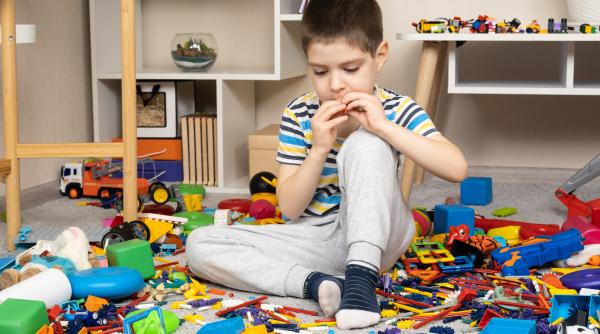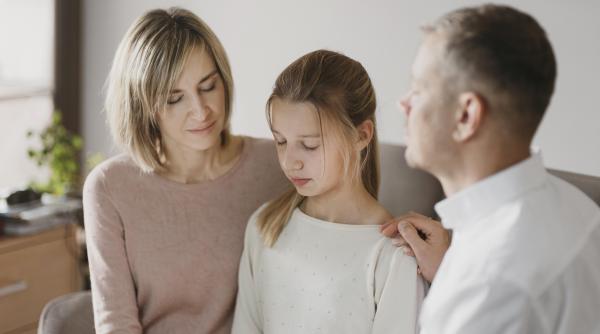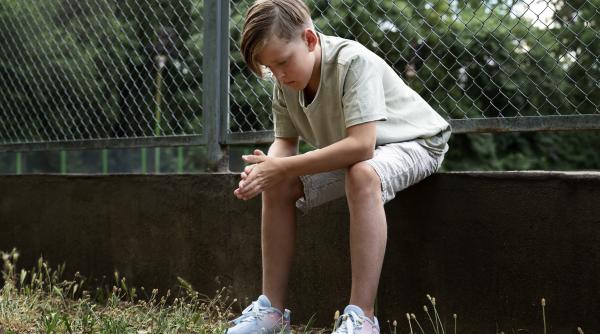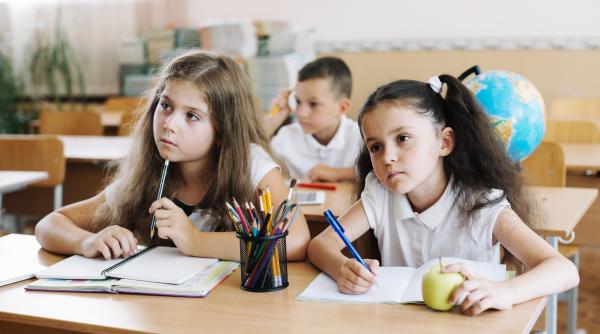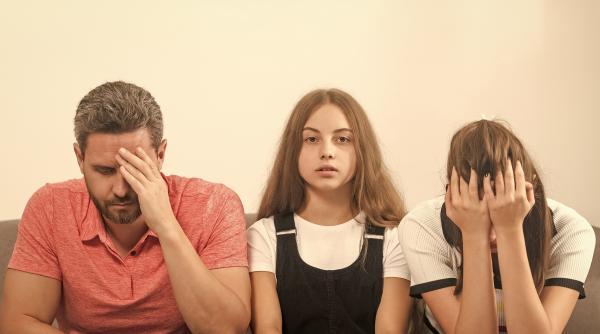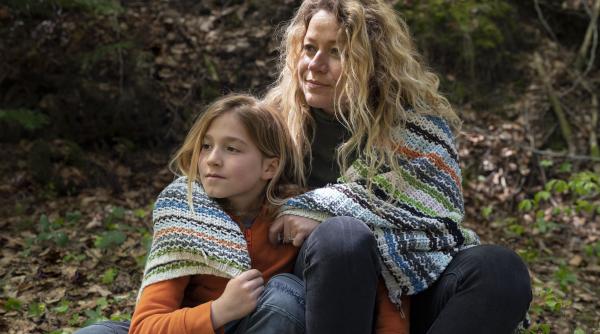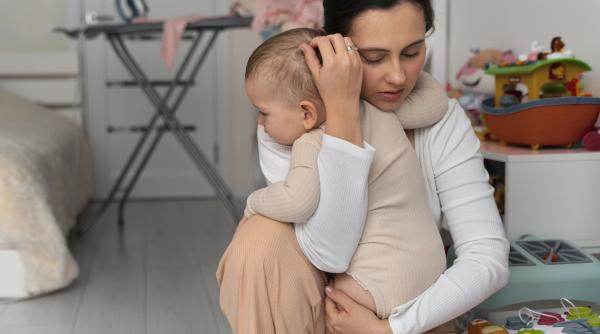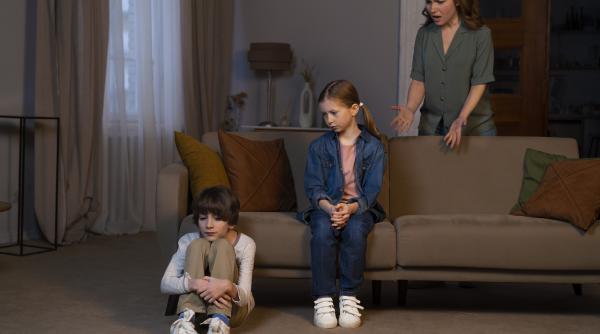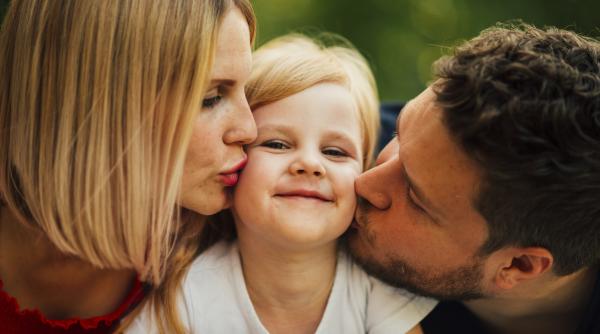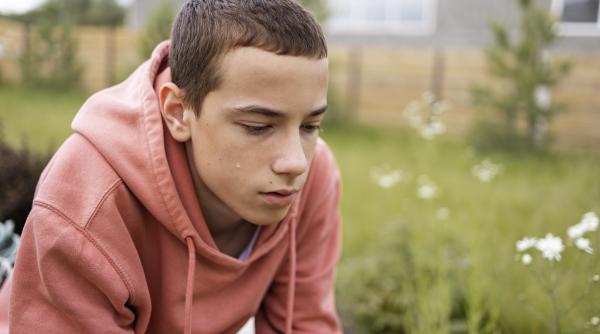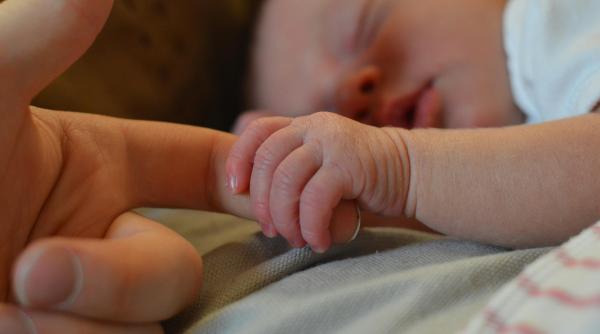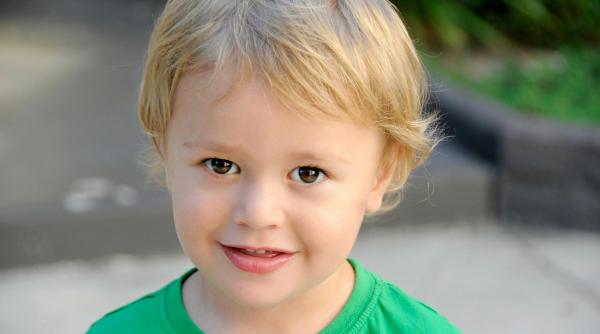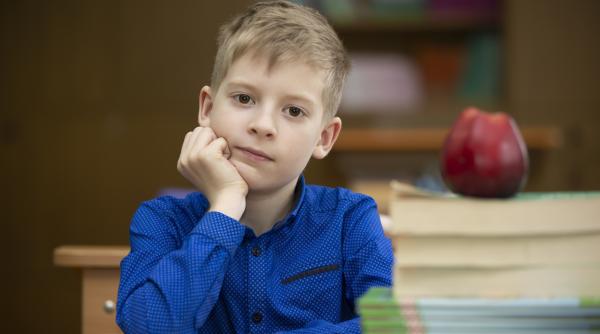"There's no perfect way or recipe, but there are certain rules, and the most important thing is to communicate, simply, honestly, and with concrete data.
If we can't do this on our own, we can seek help from a specialist.
I say this because I've noticed that even after many years since the divorce, parents still have conflicts, still argue, and can't seem to overcome the divorce. In essence, they haven't emotionally divorced at all!" Renata Iancu said at "Present Parents," a show moderated by the editor-in-chief of Parents and Little Ones, Loredana Iriciuc.
Renata Iancu: "Children are brought to therapy to overcome divorce, but the child can't overcome a divorce that is still extremely present between their parents!"

PHOTO: freepik.com @EyeEm
The psychologist highlighted the importance of adults being aware of the effects of divorce on their relationship with their children and on the children themselves. She emphasized that when adults fail to overcome the divorce and build a healthy relationship with the other parent, it's essential to seek help through counseling.
In many cases, children are involved in therapy to help them cope with their parents' divorce. However, the psychologist pointed out that it's difficult for children to overcome a divorce that is still strongly felt and present between their parents.
"When we, as adults, fail to overcome this divorce and fail to build a healthy co-parenting relationship with the other parent, I believe it's important to remember that it would be beneficial for us, as adults, to seek counseling to learn how to help ourselves and then the child.
Often, children are brought to therapy to overcome divorce, but the child can't overcome a divorce that is still extremely present between their parents! It's important to convey to parents that no matter how old the child is, what they do, feel, or say affects the child", Renata Iancu added.
Here are some principles/rules to consider when talking to children about separation

PHOTO: freepik.com @EyeEm
„- First, discuss together what you will convey to the children.
- Both parents should say something during the discussion.
- Avoid blame or hidden threats between parents because during the discussion, the focus is on the child, and the concern is to make the transition easier for them in the new stage of family life.
- Clear, simple, and honest communication with concrete data.
For younger children, a brief explanation of the word "divorce" will be needed:
- They won't live/sleep together anymore.
- Then, explain to the child: with whom and where they will live, if they will need to move or change schools, and how much time they will spend with each parent.
If there is information you don't yet know, assure them that you are working on it to find the best solution. Of course, for preteens and teenagers, you can ask for their opinions and give them the chance to contribute to planning time with each parent.
The way things are presented, the language used, and the level of detail vary according to age, but there are some rules to follow regardless of age:
- Assure the child that it's not their fault and that the problem is strictly within the couple.
- Reassure the child that each of you will love them equally, unconditionally, for the rest of your lives.
- Allow the child to ask questions, but if they don't have any at the moment, assure them that you can discuss it anytime (and revisit the topic later).
- Allow the child to express their emotions and provide validation: crying, anger, and withdrawal are normal and should not be immediately "corrected" (e.g., don't tell them "don't be sad/you shouldn't be sad" but rather accept it: "I understand you're sad, and it's normal to feel that way, we're here for you and love you").
- Don't blame each other, or if only one parent is present in the child's life and needs to break the news alone, don't speak poorly about the other parent, maintain a neutral tone, and mention that it was a decision made together", added psychologist Renata Iancu.





